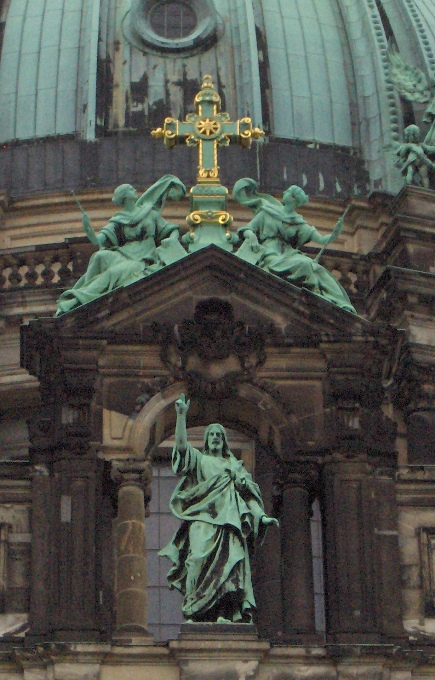Letter from the editors: December 2010
ACCH Quarterly Vol. 16, No. 4, December 2010
Letter from the editors: December 2010
Greetings for the holiday season and welcome to the December 2010 issue of the ACCH Quarterly! The reviews, reports, and announcements here deal with topics close to many of us – Dietrich Bonhoeffer, Pius XI, the German churches under National Socialism – but they also extend into less familiar terrain – the Bruderhof,Russiain the 1920s,Palestinein the 1940s. Together they point to the fact that study of church history, and religious history more broadly, is booming.
It’s worth pausing to reflect on this development. Twenty, thirty years ago historians of religion in the modern world were a rarity. If religious themes were treated at major conferences it was in a small number of discrete sessions or in the context of pre-modern history. Programs of the 2010 meetings of the German Studies Association, the Historikertag, and Lessons and Legacies Conference on the Holocaust reveal a very different situation: numerous papers, panels, and special events dealing with religion, and integration of religious matters into broader discussions of all kinds. Indeed, the overarching theme for the 2011 annual meeting of the American Historical Association is “History, Society, and the Sacred.” The same trend is evident in other places, too: look at what is being published in top historical journals, at lists of dissertation topics, or at the areas of focus of historical institutes of various kinds. One of the busiest parts of the U.S. Holocaust Memorial Museum these days is the Committee on Church Relations, headed by Victoria Barnett.
There are a number of possible explanations for this surge of interest in contemporary religious history. The rise of fundamentalisms, the events of September 11, and the wars inAfghanistanandIraqhave no doubt played a role. Spirituality in various forms – from the New Age movement to global Pentecostalism – has emerged powerfully in the late twentieth century. Academically, social and cultural history have become dominant modes of historical analysis. Leadership by key individuals has also been vital: Hartmut Lehmann, Jon Butler, Gerhard Besier, Annette Becker, Emilio Gentile, and others have published, organized, mentored, and inspired work on religion in areas often far beyond their immediate specializations. John Conway, the founding editor and still most prolific contributor to this periodical, merits particular recognition here. John, we hope it is gratifying to see many seeds you have planted and nurtured over the years grow and flourish, even in ways you might not have imagined.
On behalf of all of the ACCH Quarterly editors,
Doris Bergen,UniversityofToronto
Andrew Chandler,UniversityofChichester
Manfred Gailus, Technische UniversitätBerlin

